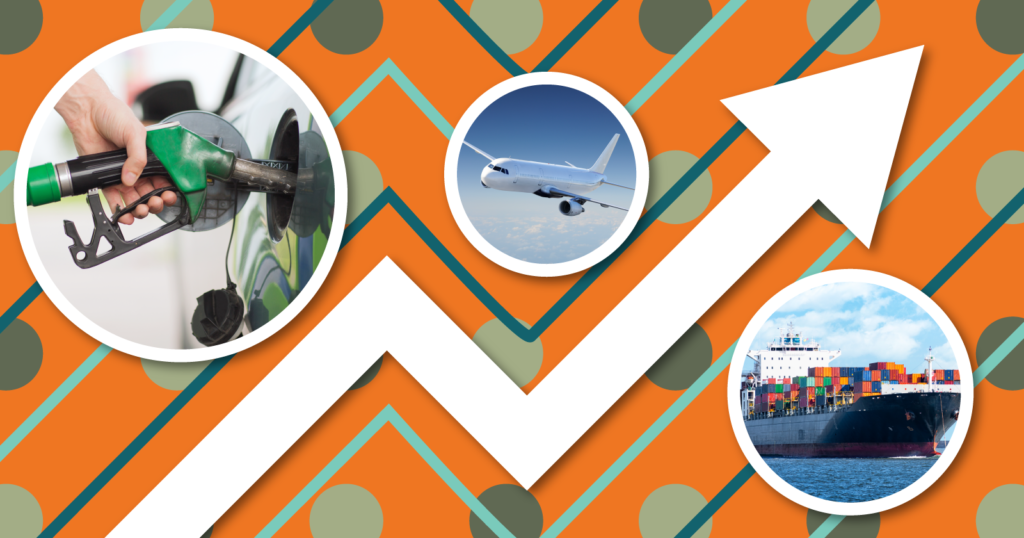Over the past few months, inflation has been a pervasive topic in every industry. While governments have attempted to quell the situation within their own countries, global crises continue to weaken those efforts. Since the supply chain is a global feature, any changes to currency can have a huge impact on how logistics functions.
This week, we’re diving into how rapid inflation impacts logistics and what we should anticipate in the months to come.
The Current State of Inflation
As we noted above, inflation rates in major nations around the world are skyrocketing. For example, according to Statista, the annual US rate of inflation in 2021 was 4.7%. So far, in 2022, it’s 8.3%. In the UK, inflation has reached a 40-year-high. Countries like Israel, Greece, Italy, and Russia are also experiencing their own struggles with inflation rates.
All of these metrics show a similar cause. Pew Research Center explains, “Regardless of the absolute level of inflation in each country, most show variations on the same basic pattern: relatively low levels before the COVID-19 pandemic struck in the first quarter of 2020; flat or falling rates for the rest of that year and into 2021, as many governments sharply curtailed most economic activity; and rising rates starting in mid-to-late 2021, as the world struggled to get back to something approaching normal.”
Mix that with the ongoing invasion of Ukraine, the threat of more waves of COVID, and the supply chain crunches around the world, and it doesn’t make for a pretty picture.
How Inflation Affects Logistics
Just like anything in the global economy, logistics is subject to the status of the countries in the supply chain. As currencies lose their values, costs skyrocket to match. That means wage increases, higher shipping fees, and even rising fuel costs.
When these factors shift, organizations feel them in their bottom lines. For example, higher fuel prices mean it’s even more difficult for companies to hire truck drivers to combat the current shortage. Those who are already working in the industry may not feel that wage increases are proportional to the increased price of goods, which may lead to a greater worker shortage.
That, in turn, can mean there are more backups at ports as containers are offloaded with nowhere to go. Ships build up, congestion worsens, and the ripple effect continues across the globe. While this is just one example, it’s a great illustration of how everything in the supply chain and the world at large is connected. Just one shift can have a lasting, worldwide impact.
As always, our team is keeping a pulse on the industry while projecting the possible impacts these changes will have on our customers’ supply chains. By forecasting based on each customers’ individual data, we can help develop strategies that may be able to insulate organizations from some of the worst effects of economic downturns like this. If you aren’t in contact with your TOC representative, now’s the time to reach out. We’d love to help you strategize for the future.

